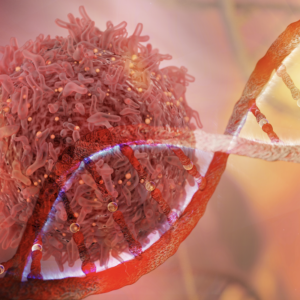Cancer Genome Analysis - Africa (Virtual)
12–16 September 2022
Virtual (for Africa-based scientists)
Learn to analyse genomics data from cancer samples with hands-on practical exercises in mutation calling, driver gene identification, mutational signature analysis and RNA deconvolution.
Summary
Cancer is one of the leading causes of death in the world. In Africa, nearly 1 million cases and over 0.5 million deaths were reported in 2018. Being a genetic disease, its burden and outcome are influenced by baseline genetics that vary across human populations. However, studies on cancer genetic susceptibility and interventions are largely based in the global north, resulting in disproportionate representation of African datasets and research. Therefore, there is an urgent need to address the widening global disparities in cancer genomics research to include more global populations.
This new course, in collaboration with the AORTIC, will provide Africa-based scientists with the requisite skills in processing, analysing, and interpreting data from cancer genomes. Participants will be equipped with the essential informatics skills and knowledge required to begin analysing next generation sequencing data and carry out some of the most common types of analysis in somatic genome studies. Participants will benefit from hands-on practical exercises in mutation calling, driver gene identification, mutational signature analysis and RNA deconvolution. By analysing real-world datasets, students will gain valuable skills that they can later apply at their institutions. Guest seminars will highlight translational applications of genomics in oncology, ethical aspects, and data platforms. This will contribute directly to the much-needed capacity building for cancer research, and scientists will be able to strengthen the application of genomics in clinical practice, public health and policy needs.
The course will be led by experts in cancer genomics from Africa and Latin America, as well as research and industry experts based in the USA and UK.
Target audience
The course is open to scientists based in Africa who are involved in cancer research including PhD students, postdoctoral researchers, clinical scientists and medical professionals.
*Please note: The practical sessions will be taught exclusively through Unix/Linux. Therefore, participants are required to have some familiarity with the Linux operating system. This will be essential for participants to fully benefit from the course. There are numerous online introductory tutorials to the UNIX/Linux operating system and command line, including:
Programme
Course objective
To train Africa-based scientists to analyse genomics data from cancer samples. Applying African datasets, participants will benefit from hands-on practical exercises in mutation calling, driver gene identification, mutational signature analysis and RNA deconvolution.
Topics to be covered
- Data formats and organisation in cancer NGS studies
- Somatic mutation calling
- Driver gene identification and oncoplots
- Mutational signature analysis
- Structural Variants
Learning outcomes
By the end of the course, participants should be able to:
- Perform QC assessment of somatic NGS data
- Explain the algorithmic concepts behind somatic variant calling
- Perform mutation calling on cancer sequencing files
- Identify driver genes associated with tumorigenesis
- Generate oncoplots to summarise the impact of mutations on cancer-associated genes
- Identify mutational signatures active in cancer samples
Participants are required to take the following pre-course modules (they will be provided):
- Unix/Linux
- Sample collection, preparation, storage and processing
- Molecular diagnostic applications and limitations
- Next generation sequencing technologies
- Online databases
*Please note: The practical sessions will be taught exclusively through Unix/Linux. Therefore, participants are required to have some familiarity with the Linux operating system. This will be essential for participants to fully benefit from the course. There are numerous online introductory tutorials to the UNIX/Linux operating system and command line, including:
Instructors and speakers
Lead organisers/Instructors
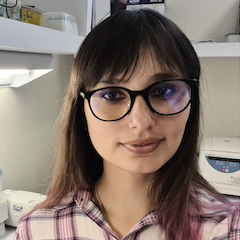
Daniela Robles-Espinoza
LIIGH-UNAM, Mexico
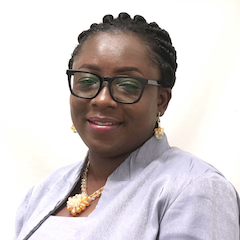
Hannah Ayettey
Korle Bu Teaching Hospital, Ghana
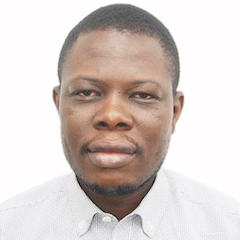
Solomon Rotimi
Covenant University, Nigeria
Instructors and Teaching Assistants
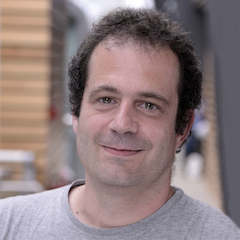
Federico Abascal
Sanger Institute, UK
Ludmil Alexandrov
UCSD, USA

Nana Amoako
WACCBIP, Ghana
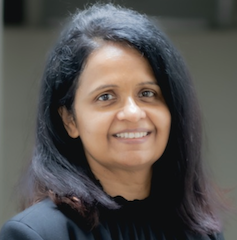
Shakuntala Baichoo
University of Mauritius, Mauritius
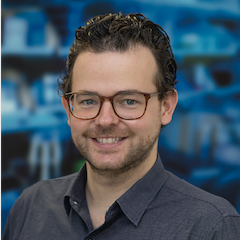
Floris Barthel
Translational Genomics Research Institute (TGen), USA
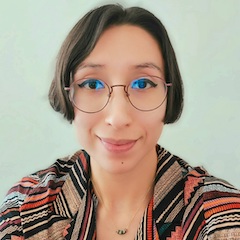
Patricia Basurto Lozarda
LIIGH-UNAM, Mexico
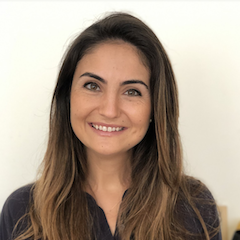
Mariana Boroni
INCA, Brazil
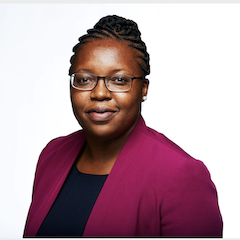
Nyasha Chambwe
Feinstein Institutes for Medical Research, USA

Eric Dawson
Nvidia, USA
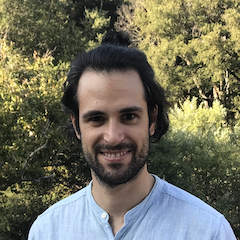
Marcos Diaz-Gay
UCSD, USA
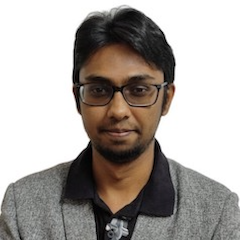
Khadiime Jhumka
University of Mauritius, Mauritius
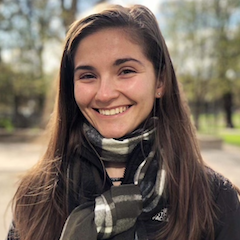
Mariya Kazachkova
UCSD, USA
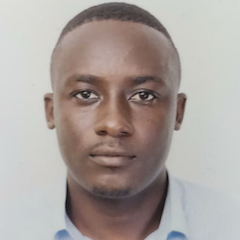
Collins Misita
University of Ghana, Ghana
Speakers
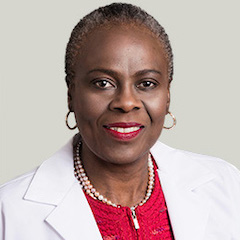
Funmi Opolade
University of Chicago, USA
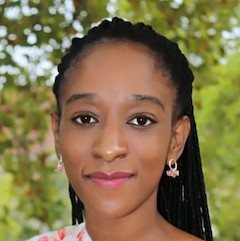
Hannah Simba
IARC/WHO, France
Organisers - Wellcome Connecting Science
Alice Matimba – Head of Courses & Global Training
Isabela Malta – Global Training Assistant Manager
Karon Chappell – Course and Event Organiser
Martin Aslett – Information Technology Manager
How to apply
Target audience
The course is open to scientists based in Africa who are involved in cancer research including PhD students, postdoctoral researchers, clinical scientists and medical professionals.
The course will be taught in English.
Pre-requisites
Participants are required to take the following pre-course modules as provided.
*Please note: The practical sessions will be taught exclusively through Unix/Linux. Therefore, participants are required to have some familiarity with the Linux operating system. This will be essential for participants to fully benefit from the course. There are numerous online introductory tutorials to the UNIX/Linux operating system and command line, including:
http://www.ee.surrey.ac.uk/Teaching/Unix
http://swcarpentry.github.io/shell-novice/
- Unix/Linux
- Sample collection, preparation, storage and processing
- Molecular diagnostic applications and limitations
- Next generation sequencing technologies
- Online databases
How to Apply
Please click the Apply button above to begin the online application process. Places are limited and will be awarded on merit. If you have any problems with the online application process, please contact us.
Please note: Applications must be supported by a recommendation from a scientific or clinical sponsor (e.g. supervisor, line manager or head of department). A request for a supporting statement will be sent to your nominated sponsor automatically during the application process. Applicants must ensure that their sponsor provides this supporting statement by the application deadline. Applications without a supporting statement cannot be considered.
Cost
The course is subsidised by Wellcome Connecting Science Courses and Conferences and free of charge. Please contact us for the commercial fee.
